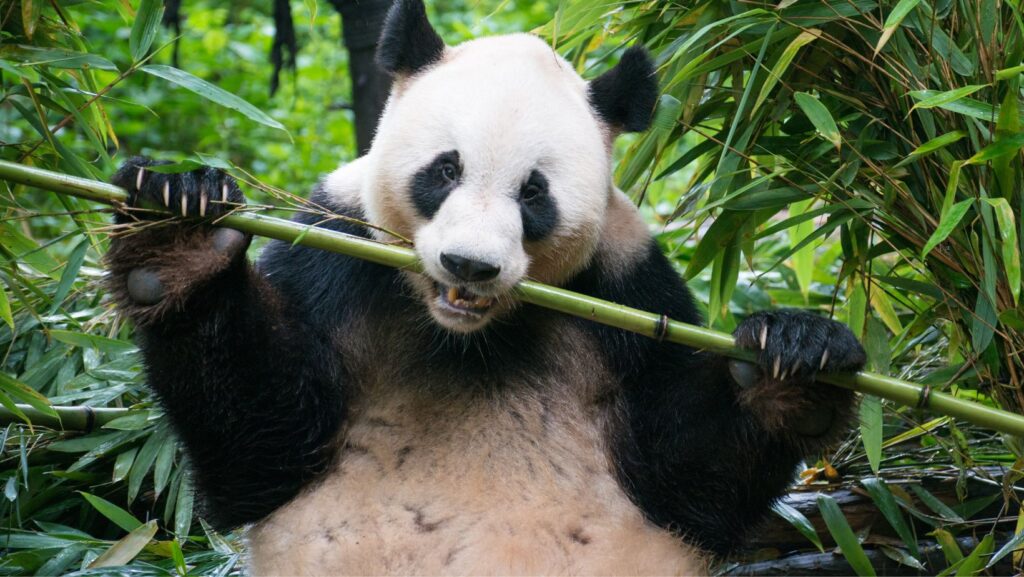The World Wildlife Fund, or WWF, is a global conservation organization dedicated to protecting the planet’s most valuable and threatened species and habitats. With a presence in over 100 countries, WWF works tirelessly to address pressing environmental issues such as deforestation, climate change, and endangered wildlife populations.
One of the key focuses of WWF is promoting sustainable practices that balance human needs with the well-being of nature. By collaborating with local communities, governments, and businesses, WWF strives to find innovative solutions that help preserve biodiversity while supporting livelihoods around the world.
Through research, advocacy, and on-the-ground projects, WWF aims to create a future where people live in harmony with nature. By raising awareness about conservation challenges and implementing practical strategies for change, WWF plays a crucial role in safeguarding our planet for generations to come.

History of World Wildlife Fund
The World Wildlife Fund (WWF), established in 1961, is a global organization dedicated to conserving nature and reducing human impact on the environment. The idea for WWF originated from a group of scientists, business leaders, and political figures who recognized the urgent need to protect endangered species and habitats worldwide.
Formation and Early Years
- Founded on April 29, 1961.
- Initially known as the World Wildlife Fund, later changing its name to World Wide Fund for Nature to reflect its broader conservation efforts.
- The first projects focused on protecting iconic species like the giant panda and black rhino.
Global Expansion
- By the 1970s, WWF had expanded its presence to various countries worldwide, working on conservation projects and collaborating with local communities.
- WWF played a vital role in advocating for key environmental issues such as deforestation, climate change, and sustainable development.
Impactful Initiatives
- Over the years, WWF has spearheaded numerous successful campaigns leading to significant achievements in biodiversity conservation.
- Notable initiatives include Earth Hour, which has become a global movement raising awareness about energy consumption and sustainability practices.
Ongoing Conservation Efforts
- Today, WWF continues its mission through fieldwork, research, policy advocacy, and partnerships with governments and businesses.
- With a focus on preserving biodiversity hotspots and promoting sustainable practices globally, WWF remains at the forefront of environmental protection efforts.
The journey of World Wildlife Fund exemplifies decades of dedication towards safeguarding our planet’s rich biodiversity for future generations.

Mission and Goals
When it comes to the World Wildlife Fund (WWF), its MISSION AND GOALS are crystal clear, driving every action they take. As a passionate advocate for wildlife conservation and environmental protection, the WWF aims to safeguard the natural world we all share.
One of their primary goals is to combat CLIMATE CHANGE by promoting sustainable practices and reducing carbon emissions. Through partnerships with governments, businesses, and local communities, they strive to mitigate the impacts of climate change on ecosystems worldwide.
Another crucial aspect of their mission is protecting ENDANGERED SPECIES from extinction. By focusing on habitat preservation, anti-poaching efforts, and wildlife monitoring, the WWF works tirelessly to ensure that iconic species like tigers, pandas, and elephants have a fighting chance at survival.
Moreover, the WWF is dedicated to fostering SUSTAINABLE LIVING among individuals and societies globally. They educate people on making eco-friendly choices in their daily lives – from reducing plastic waste to supporting ethical sourcing practices – aiming for a harmonious coexistence between humanity and nature.
In essence, the World Wildlife Fund’s MISSION AND GOALS revolve around creating a more sustainable future where biodiversity thrives, ecosystems flourish, and our planet remains a vibrant home for all living beings. It’s a mission that resonates deeply with me as an advocate for environmental stewardship and wildlife preservation.
As we’ve delved into the realm of the World Wildlife Fund, it’s evident that their commitment to conservation and environmental protection is unwavering. Through innovative projects and collaborative efforts, they strive to safeguard biodiversity and promote sustainable practices worldwide.

